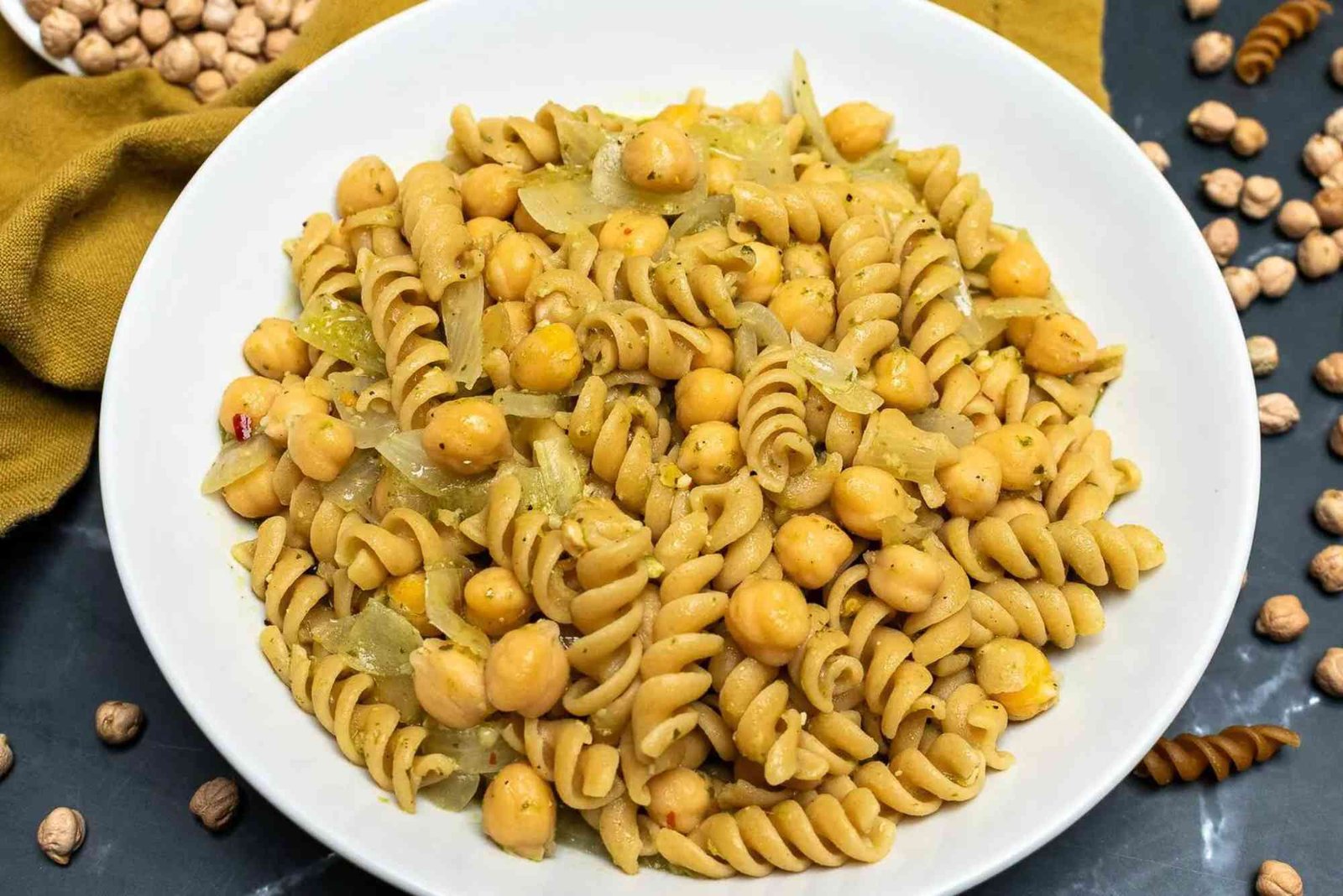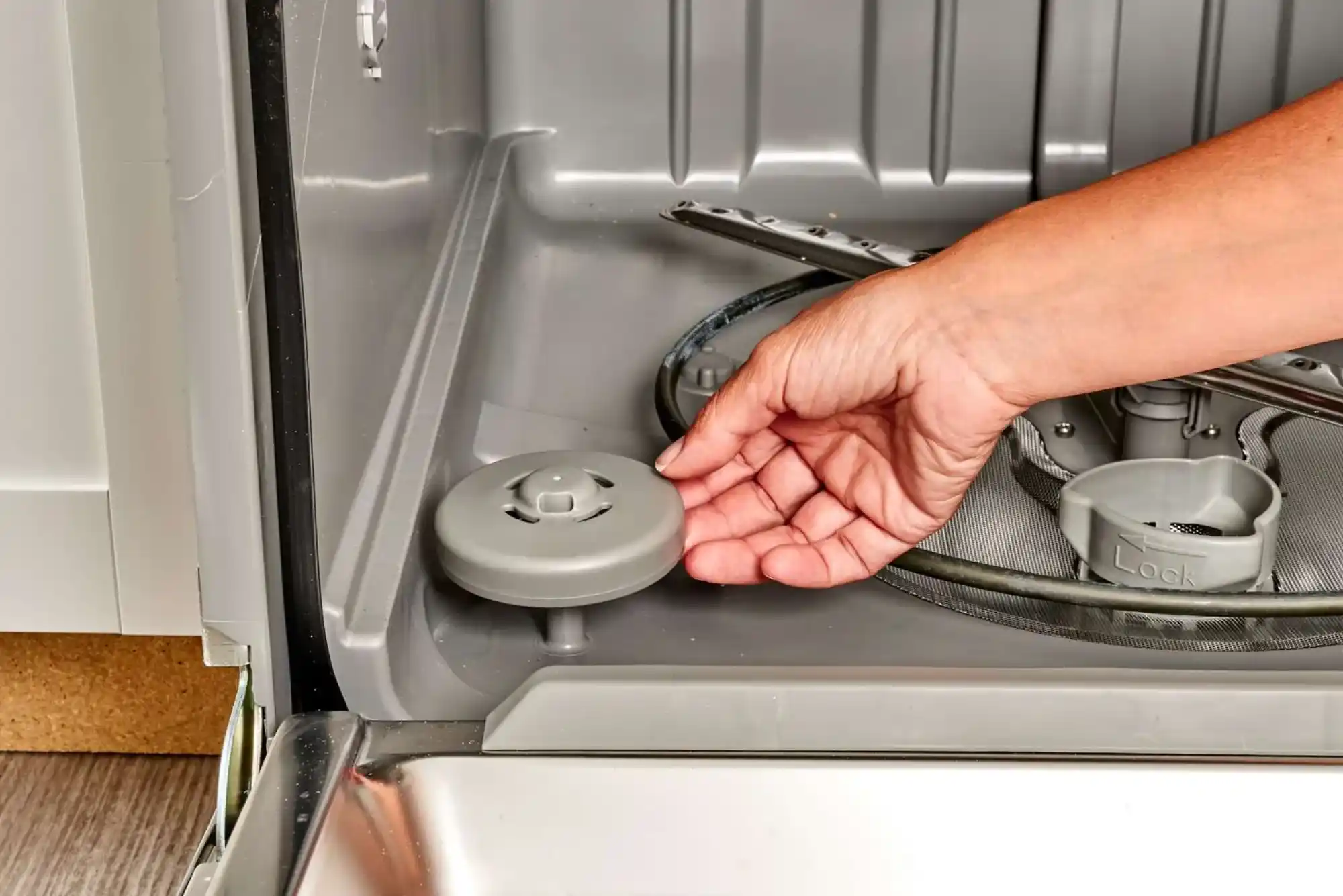Chickpea pasta has become a popular alternative to traditional wheat pasta, especially among people seeking plant-based protein, gluten-free options, and better fiber intake. Yet a common question arises: does chickpea pasta affect bowel movements?
This guide examines how chickpea pasta influences digestion, stool habits, and overall gut health. The focus keyword does chickpea pasta affect bowel movements appears naturally throughout to support search visibility without compromising readability.
Understanding Chickpea Pasta and Digestion
Chickpea pasta is made primarily from ground chickpeas. Chickpeas are naturally rich in fiber, resistant starch, protein, and complex carbohydrates. These nutrients support gut function but may also produce digestive changes depending on individual sensitivity and dietary habits.
Fiber Content and Gut Motility
Chickpea pasta contains more fiber than regular wheat pasta. Fiber increases stool bulk and helps the intestines move waste efficiently. For many people, this leads to more regular, softer bowel movements. However, a sudden jump in fiber may temporarily cause bloating or gas, especially if someone does not usually eat high-fiber foods.
Role of Resistant Starch
Chickpeas contain resistant starch. This type of carbohydrate resists digestion and reaches the colon, where it feeds beneficial gut bacteria. Fermentation of resistant starch produces short-chain fatty acids that support colon health, improve stool consistency, and promote healthy gut bacteria balance. At the same time, fermentation can produce gas and bloating in some individuals.
Protein and Digestive Speed
High-protein foods tend to digest more slowly. Chickpea pasta has significantly more protein than wheat pasta. Slow digestion can increase satiety and stabilize blood sugar, but it may also lead to slower bowel movements in individuals prone to constipation if water intake is low.
Does Chickpea Pasta Affect Bowel Movements Positively?
In many cases, chickpea pasta promotes digestive wellness. People transitioning from refined grains often notice improvements in regularity because whole-food fiber supports healthy bowel patterns. Chickpea pasta may also help stabilize gut bacteria, which contributes to long-term digestive balance. Another benefit is that chickpea pasta does not contain gluten, making it a suitable choice for individuals with gluten intolerance who seek grain-free options that still support gut motility.
Softening Stool and Preventing Constipation
Dietary fiber attracts water to the intestines, creating softer stool. Because chickpea pasta is high in soluble fiber, it helps soften stool more effectively than many refined carbohydrate foods. Adequate hydration optimizes this effect.
Supporting Beneficial Gut Bacteria
Healthy bacteria thrive on prebiotic fibers found in chickpeas. This can improve stool frequency over time. Regular consumption supports microbial diversity, which scientists associate with reduced digestive discomfort and better intestinal function.
Possible Digestive Side Effects
While chickpea pasta benefits most people, some experience temporary discomfort. Understanding these effects supports better dietary choices and helps avoid confusion when asking does chickpea pasta affect bowel movements.
Gas and Bloating from Fiber Fermentation
The fiber and resistant starch in chickpeas ferment in the colon. Fermentation encourages beneficial bacteria growth but also produces gas. Those new to high-fiber diets may experience more gas initially.
Loose Stool in Some Individuals
Chickpea pasta may lead to looser stools if someone suddenly increases fiber intake or consumes it with other high-fiber foods. Individuals with irritable bowel tendencies may be more sensitive. Moderation and gradual introduction help prevent this issue.
FODMAP Considerations
Chickpeas contain oligosaccharides, a type of carbohydrate included in FODMAP categories. People with irritable bowel syndrome sometimes report symptoms when eating chickpea-based foods. Cooking methods and portion sizes influence tolerance. Small servings are typically easier to digest.
How Much Chickpea Pasta to Eat for Digestive Comfort
Portion size plays a key role in answering does chickpea pasta affect bowel movements. Starting gradually allows the gut to adapt to higher fiber intake. Adding chickpea pasta two or three times a week rather than daily often prevents gas or discomfort for those unaccustomed to legumes. Hydration is critical. Fiber needs water to move smoothly through the digestive tract, so increasing water intake alongside chickpea pasta supports comfortable digestion.
Comparison to Regular Pasta
Traditional pasta contains refined wheat flour, which has little fiber. As a result, it may not promote regularity the same way chickpea pasta does. Switching to chickpea pasta increases nutrient density, particularly fiber and protein. This change influences bowel habits. Some people who experience constipation with regular pasta find relief when switching, while others require time to adjust. The presence of gluten in wheat pasta may cause digestive issues for those who are gluten-sensitive. Chickpea pasta avoids this issue and provides a plant-protein option for gluten-free diets.
Best Practices for Comfortable Digestion
Hydration, gradual introduction, and balanced meals promote comfort. Drinking water during and after meals helps fiber expand and move through the intestines. Combining chickpea pasta with vegetables and lean protein supports nutrient balance without overwhelming the digestive system. Avoid pairing chickpea pasta with multiple high-fiber sides on the first try. Monitoring portion size keeps digestion smooth, especially when building tolerance.
Expert Tip for Athletes and Active Individuals
People who exercise frequently, including individuals training at studios such as the Orange Theory Mountain View location, may find chickpea pasta supports sustained energy. The combination of complex carbohydrates and protein promotes muscle recovery and digestive regularity. Hydration is especially important for athletes because fiber needs water to function properly.
Real-World Eating Scenarios
Many people replace wheat pasta with chickpea pasta for weekday meals. A common example is pairing chickpea pasta with tomatoes, olive oil, and vegetables. This choice increases fiber intake naturally. Others blend chickpea pasta with regular pasta when adjusting to the texture and digestive effects. Small changes lead to long-term benefits, making the switch easier for those with sensitive stomachs.
Internal Resources for Further Reading
Readers researching digestive effects of alternative foods can continue learning at Does Chickpea Pasta Affect Bowel Movements via this internal resource:
Additional insight can be found at the Related Food article:
More general information is available at the Learn more resource:
FAQs: People Also Ask
Is chickpea pasta good for constipation?
Yes, chickpea pasta often helps constipation because of its high soluble fiber content. Fiber draws water into the stool and supports regular movement through the intestines.
Why does chickpea pasta make me gassy?
Chickpea pasta naturally contains fermentable fibers and starches that feed gut bacteria. Gas increases during fermentation, especially for individuals adjusting to higher fiber intake.
Can chickpea pasta cause diarrhea?
It may cause loose stools in some people if consumed in large portions or if the body is not used to fiber. Moderation and adequate hydration usually prevent this.
Is chickpea pasta hard to digest?
Most people digest chickpea pasta well, but those sensitive to legumes or following a low-FODMAP diet may feel discomfort. Slow introduction improves tolerance for many individuals.
Answering the question does chickpea pasta affect bowel movements reveals that chickpea pasta often improves digestion through increased fiber, prebiotics, and plant protein. While some individuals experience gas or temporary loose stools, most benefit from greater regularity and gut balance. Gradual introduction and adequate hydration make the process smoother.












